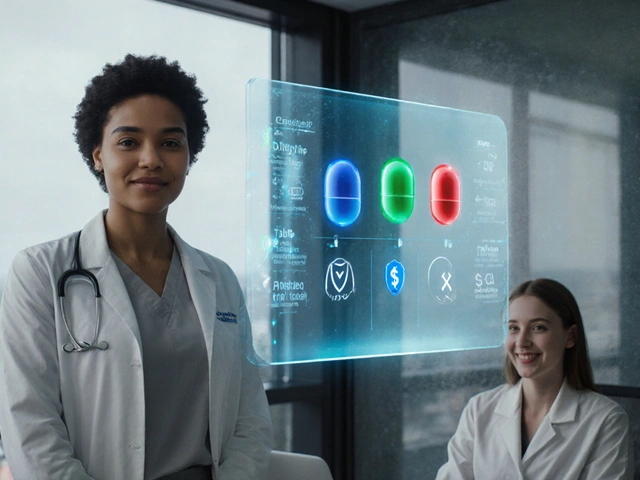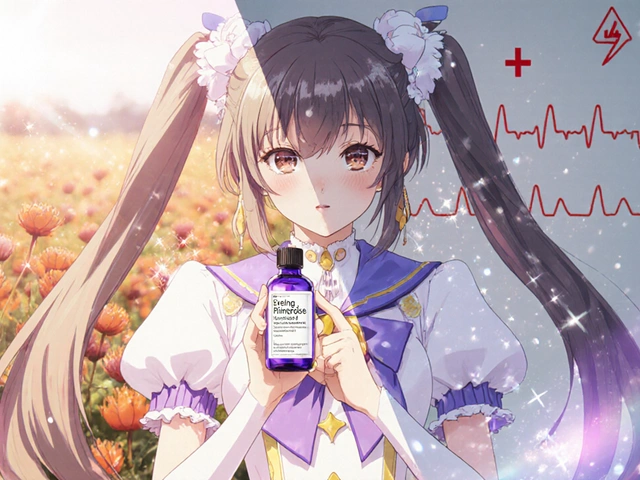Consumption: Safe Medication Use, Buying Tips & Dosage Advice
Taking medicine sounds simple until the bottle, the online checkout, or a bad reaction makes it complicated. This page collects clear, practical tips about how to consume drugs and supplements safely — from buying meds online to choosing alternatives and getting dosages right.
How to buy meds online safely
Want to order medication? first, the basics: always use a pharmacy that requires a prescription when one is needed. Check for a current pharmacy license, an HTTPS site, and a physical address. Look up independent reviews, but treat them carefully—scam sites sometimes fake praise.
Avoid sites that sell prescription-only drugs without asking for a prescription, or that offer unbelievably low prices with no contact info. For erectile dysfunction meds, epilepsy drugs, or antibiotics, insist on proper verification. If a site claims to ship from Canada or Europe, verify the license and shipping terms. When in doubt, call the pharmacy and ask how they verify prescriptions.
Using meds correctly: dosage, interactions, and switching
Read the label and the patient leaflet every time. Confirm the active ingredient (generic name) and the dose. If a prescriber says “take as directed,” but you still have questions—ask. Small changes in dose can matter for antidepressants, antibiotics, and seizure meds.
Watch for interactions. Tell your provider about supplements like Calanus oil, calcium D-glucarate, or tansy—some herbs and supplements change how drugs work. Never mix alcohol with metronidazole (Flagyl) or certain antifungals. If you notice a new rash, severe stomach pain, or trouble breathing after a medicine, stop and get urgent care—some reactions need emergency attention.
Thinking of switching meds (for example, from paroxetine or duloxetine to something else)? Talk to your doctor about tapering schedules and side effects. Many articles recommend specific alternatives for depression, pain, or infections, but your health history decides what’s safe for you.
Supplements and OTC options: glucosamine or omega-3s like Calanus oil can help some people, but they aren’t risk-free. Stick to recommended doses, check for purity, and ask your provider if you’re on blood thinners or other chronic meds.
Small habits cut risks: set a daily pill reminder, keep an up-to-date medication list, store meds in a cool dry place, and check expiration dates. When you buy online, keep tracking info and open packages promptly to check they match your order.
Questions about a specific drug, dose, or online pharmacy? Look through our posts on meds like oxcarbazepine, azithromycin, Celexa, or guides to online pharmacies for deeper, practical advice.
Aluminium Hydroxide in Food: Is it Safe?
I recently came across a topic that caught my attention - Aluminium Hydroxide in food. As a health-conscious person, I found it essential to dig deeper and understand if it's safe for consumption. Aluminium Hydroxide is commonly used as an additive in many food items like cake mixes and processed cheese. While some studies claim it to be harmless, others link it to potential health risks like Alzheimer's disease. Therefore, it's crucial to be aware and make informed choices when it comes to the food we consume.
About
Nutrition and Supplements
Latest Posts


Opioids: How Tolerance, Dependence, and Overdose Really Happen
By Marcel Kornblum Jan 14, 2026

Cleocin (Clindamycin) vs. Alternatives: A Practical Comparison
By Marcel Kornblum Sep 29, 2025

Evening Primrose Oil, Seizure Risk & Antipsychotic Interactions
By Marcel Kornblum Oct 25, 2025

